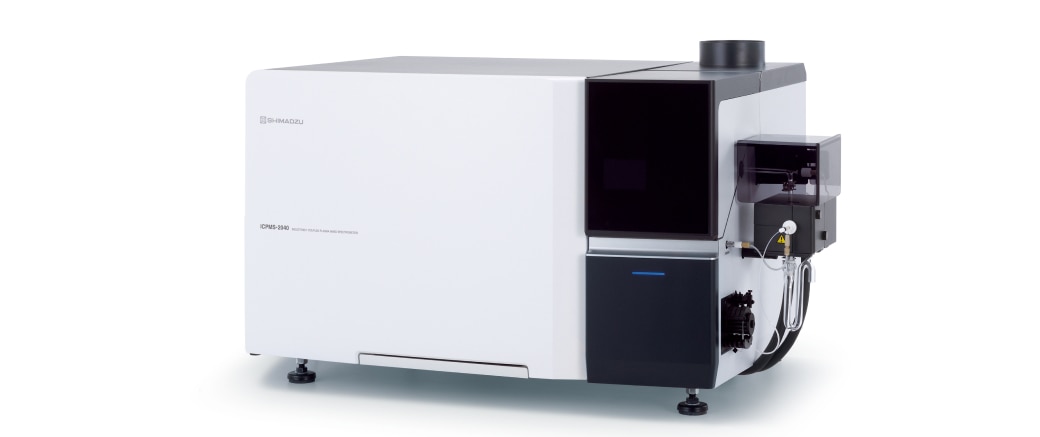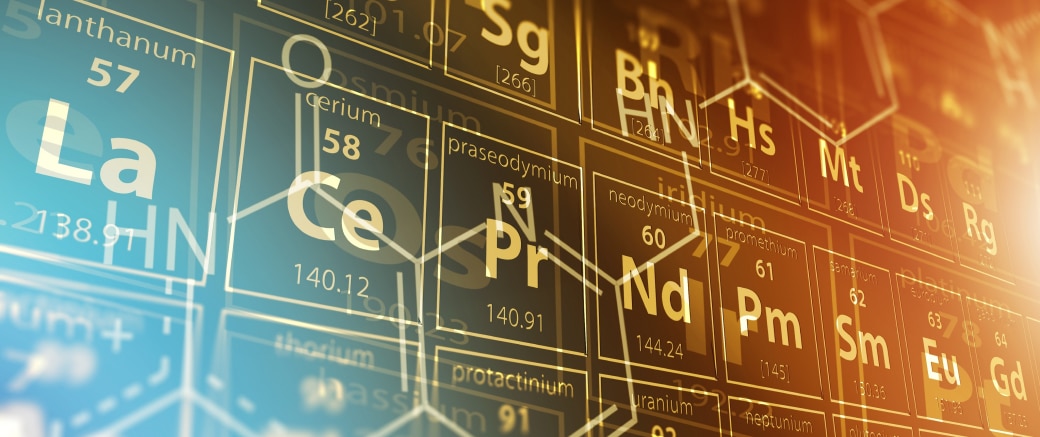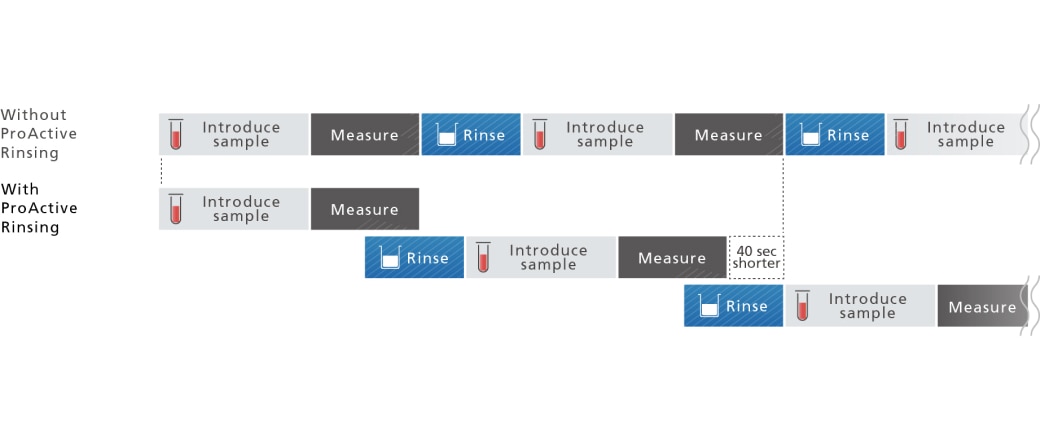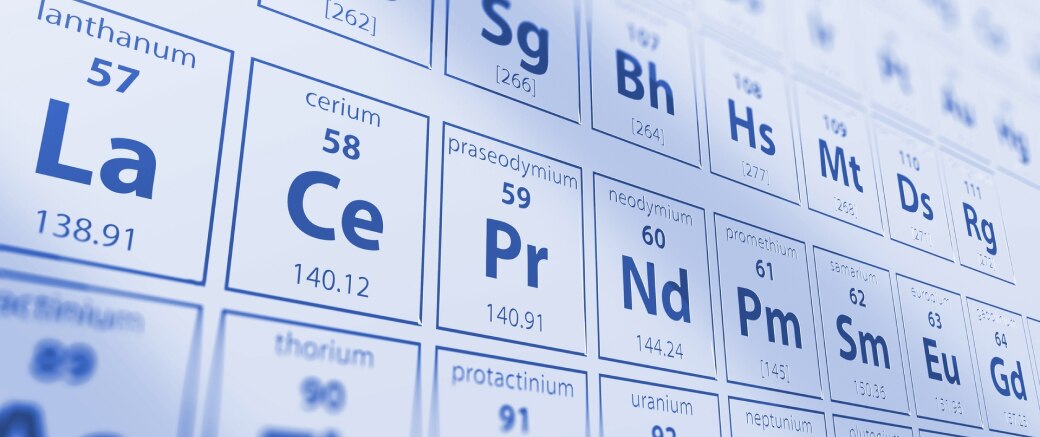Delivering the Latest Advances in ICPMS Analysis with Shimadzu's ICPMS-2040/2050 Series
Inductively Coupled Plasma Mass Spectrometry (ICP-MS): Introducing ICPMS-2040/2050 Series And Its Applications

Inductively coupled plasma mass spectrometry (ICP-MS) is an elemental analysis technique that measures the mass-to-charge ratio of samples for identification and quantitative analysis. Providing superior sensitivity, precision, and range, ICP-MS contains an inductively coupled plasma and a mass spectrometer. The combination of these components allows for the detection of a wide variety of trace elements, making it a powerful and indispensable tool for diverse industries.
Read on to find out more and don't forget to discover our ICPMS-2040/2050 Series here.
Latest Innovations In Inductively Coupled Plasma Mass Spectrometry (ICP-MS)

Inductively Coupled Plasma Mass Spectrometry (ICP-MS) is a powerful analytical technology that can detect trace levels of multiple elements in liquid samples. It has a wide range of applications in various industries, including environmental monitoring, clinical research, pharmaceuticals, and food and agriculture.
Shimadzu offers two ICP-MS systems: the ICPMS-2030 and the ICPMS-2040/2050 series. The ICPMS-2030 model has superior sensitivity with lower interference, which simplifies ICP-MS analysis and provides reliable trace-level results with confidence. It's also user-friendly, stable, and has low running costs.
The latest model, ICPMS-2040/2050 series, has almost twice the sensitivity of traditional ICP-MS models. These models are also environmentally friendly, as they consume less argon gas, and have more efficient workflows, thanks to reduced measurement times.
Discover our ICPMS-2040/2050 series now
Key Strengths of Our ICPMS-2040 Series/ICPMS-2050 Series
Shimadzu’s latest ICPMS-2040/2050 Series presents an era without compromise for researchers, lab analysts, and scientists:
Exceptional and Eco-Friendly
Shimadzu's ICPMS-2040/2050 Series features a proprietary Advanced Mini-Torch System which keeps argon gas consumption low and decreases sample flow rate into the plasma, improving sample ionization efficiency. The new design roughly doubles sensitivity compared to previous models while reducing injector clogging issues.
Generally, the mini-torch system consumes 11 L/min of argon, two-thirds the amount used by typical plasma torches. Continuous operation using a 7 m3 gas cylinder is up to 10 hours. Utilizing Eco mode (5.5 L/min plasma) during standby can further reduce argon gas consumption.
Enables High Sample Throughput with No Additional Cost
The ICPMS-2040/2050 Series incorporates high-speed cell gas purging, which when combined with ProActive Rinsing, measurement times can be significantly shortened without any additional accessories or cost.
This is because Proactive Rinsing enables the rinsing sequence to start early by sending the autosampler probe to rinse while collecting data using samples already in the suction line. This greatly reduces measurement times and conserves more of the sample matrix.

Minimal Operation Required
With the extended rinsing function, operators do not need to be concerned about carryover that compromises data quality. The extended rinsing function automatically performs an additional rinse sequence when a target element exceeds a predetermined upper limit. Moreover, a second rinse solution can be used in the additional rinsing sequence to improve rinsing effectiveness. Consequently, carryover is eliminated to ensure high-quality data.
The availability of preset methods also eliminates the need for method development in many applications. These preset analytical methods come configured with optimized settings, such as plasma conditions, target elements, mass information, and internal standards, for common ICP-MS applications. The ICPMS-2040/2050 Series systems can therefore be used immediately after installation with minimal training.
Get a copy of our product brochure for more detailed information about the game-changing ICPMS-2040/2050 Series.
Ushering in an Era Without Compromise With Our ICPMS-2040/2050 Series

Shimadzu's ICP-MS technology is designed to perform fast, sensitive, and reliable elemental analysis on various samples. The ICPMS-2040/2050 Series is a top-performing solution that enhances workflows, delivers actionable insights, and instills confidence in researchers, scientists, and laboratory professionals with its exceptional capabilities that cater to diverse application needs.
Discover more about Shimadzu's leading-edge ICPMS-2040/2050 Series and accelerate science now.
Application Spotlight: Analysis of Drinking Water by U.S. EPA Method 200.8 Using ICPMS-2050

Method 200.8, which was developed by the U.S. Environmental Protection Agency (EPA), is an ICP-MS method used to analyze trace elements in groundwater, surface water, and drinking water. EPA 200.8 is a method based on analysis with no gas mode. On the other hand, ICP-MS is commonly equipped with collision/reaction cell technology to eliminate interferences such as polyatomic ions.
Shimadzu’s latest product, ICPMS-2050, can effectively achieve accurate analysis with high stability, all while ensuring reduced running costs, and less argon gas consumption through its proprietary mini-torch system.
In this application note, we will elaborate on the analysis of drinking water using ICPMS-2050. Most elements were measured in collision mode to eliminate interference, but reaction mode was used to measure Selenium (Se) for higher sensitivity. Spike recovery and long-term stability were evaluated with reference to EPA 200.8 quality control (QC) requirements.
Moreover, the analytical conditions used in this application can be easily registered from preset methods, enabling measurements to be performed almost immediately after installation, without the need to do method development.


